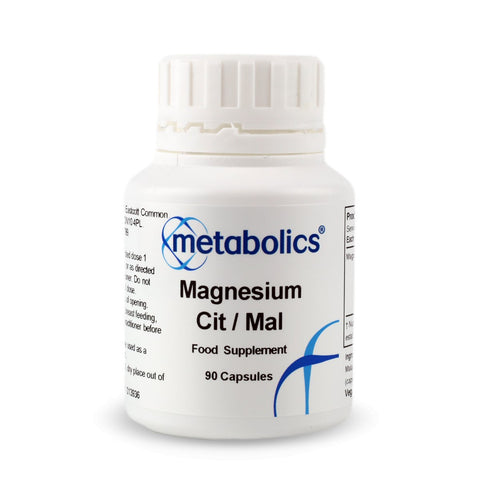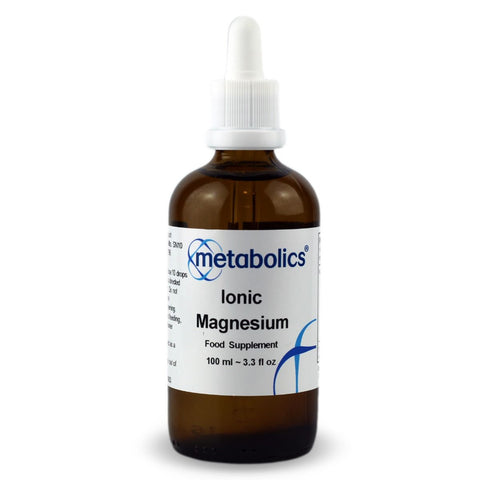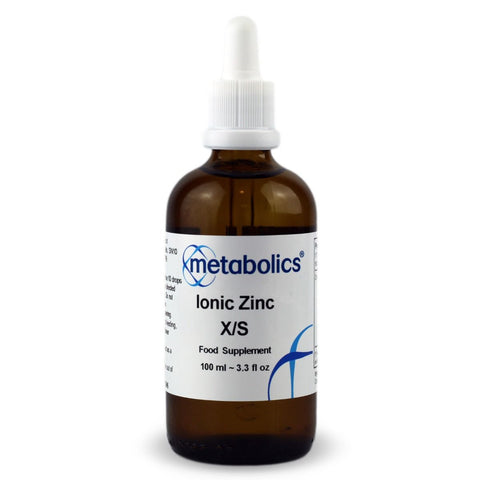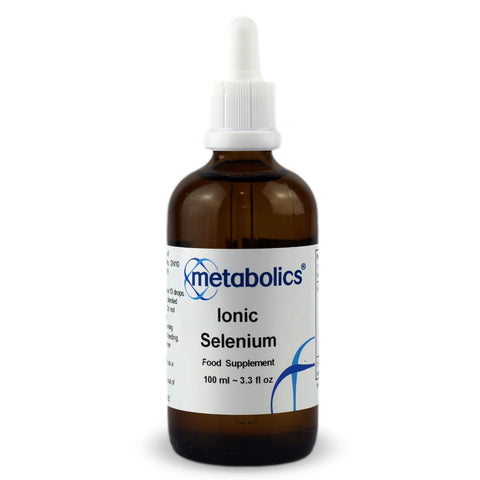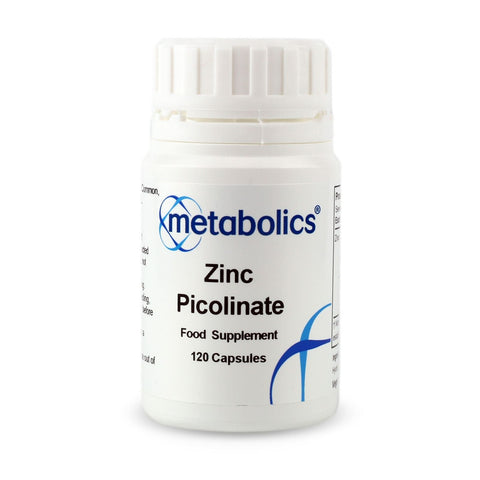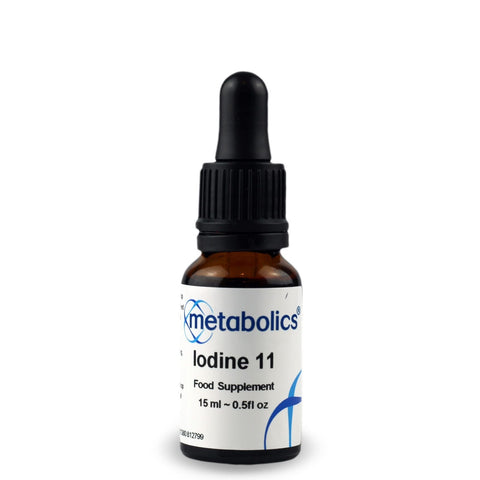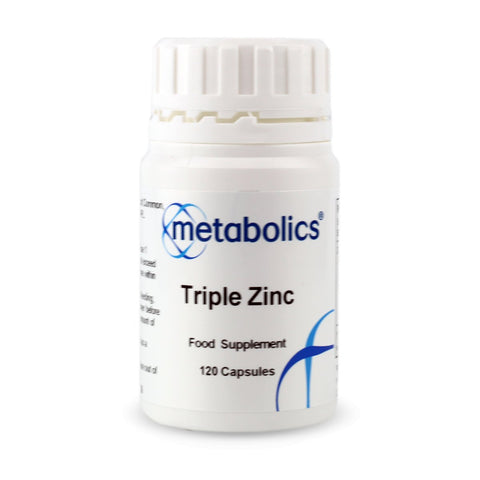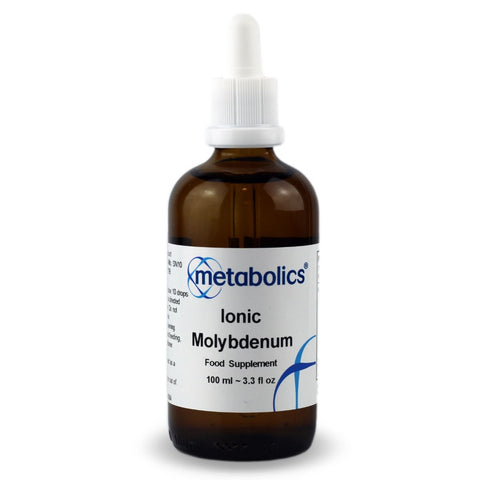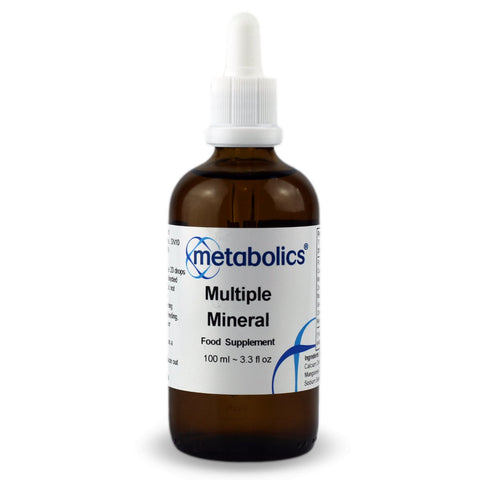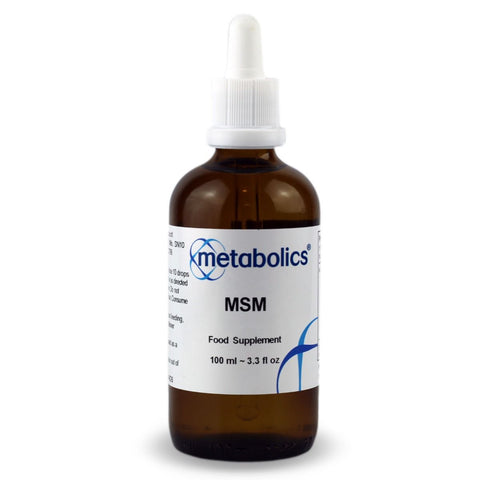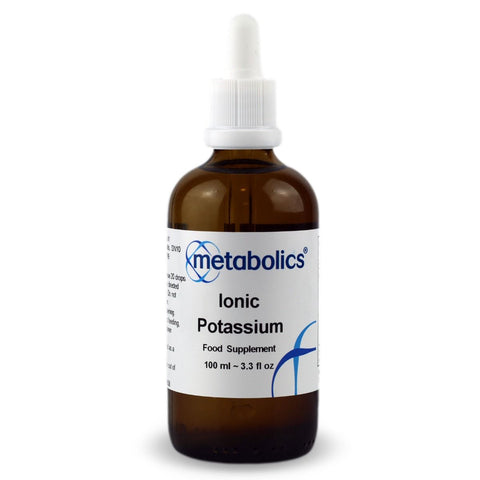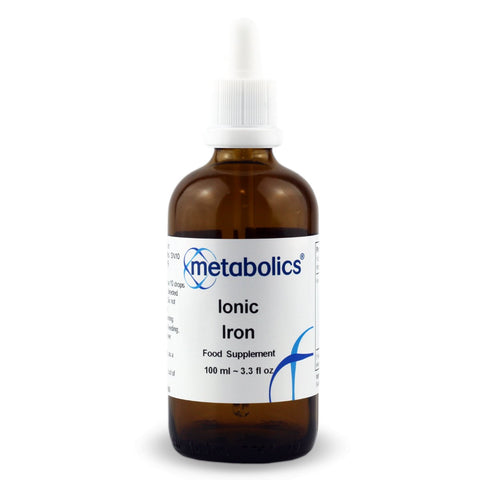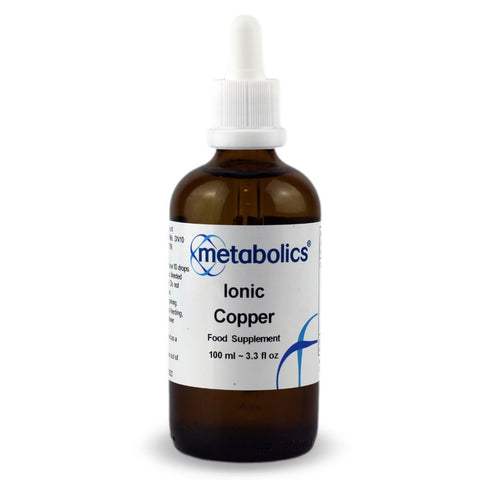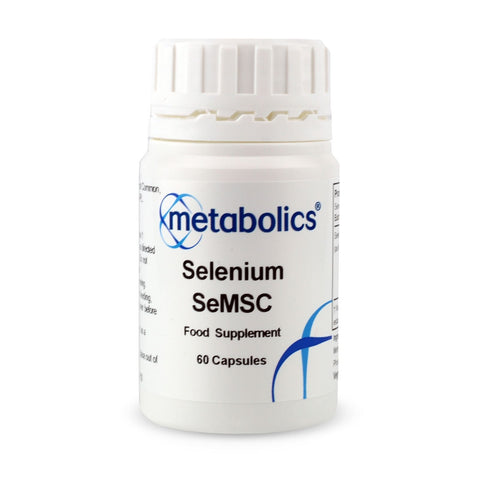Minerals are essential nutrients found abundantly in various foods, encompassing fruits, vegetables, whole grains, legumes, protein sources, and dairy products. These vital nutrients can be broadly categorised into two types: macrominerals and trace minerals. Macrominerals are required in larger quantities and are obtainable from our diet or supplements when necessary. However, individuals often fall short of the recommended intake of macrominerals due to factors such as dietary restrictions, medication side effects, or personal dietary preferences.
Macrominerals
Macrominerals include comprise of calcium, phosphorus, magnesium, sodium, potassium, chloride, and sulphur, each playing critical roles in supporting overall health. Calcium and phosphorus are integral for maintaining bone health and healthy teeth, while magnesium supports various biochemical processes in the body, including energy production and muscle function. Sodium and potassium are essential for maintaining fluid balance, nerve function, and muscle contractions, while chloride and sulfur contribute to electrolyte balance and protein synthesis.
Trace Minerals
On the other hand, trace minerals are required in smaller quantities but are equally vital for various physiological functions. These include iron, manganese, copper, iodine, zinc, cobalt, fluoride, and selenium. Iron is essential for replenishing red blood cells and transporting oxygen throughout the body, while manganese plays a role in bone formation and carbohydrate metabolism. Copper is involved in collagen synthesis, iron metabolism, and antioxidant defence mechanisms.
Iodine is crucial for thyroid hormone production, regulating metabolism, growth, and development, while zinc is essential for immune support, wound healing, and DNA synthesis. Cobalt, although required in minute amounts, is a component of vitamin B12, necessary for red blood cell formation and neurological function. Fluoride supports dental health by strengthening tooth enamel and preventing tooth decay, while selenium acts as a potent antioxidant, protecting cells from oxidative damage and supporting immune function.
Both macrominerals and trace minerals collectively contribute to various physiological processes, including bone health, red blood cell formation, energy metabolism, nerve function, muscle contractions, and immune support. Ensuring an adequate intake of minerals through a diverse and balanced diet is essential for maintaining overall health and well-being. While dietary sources are typically sufficient, supplementation may be necessary in certain cases to address deficiencies or specific health concerns. Consulting with a healthcare professional or registered dietitian can provide personalised guidance on meeting mineral requirements and optimising overall health through nutrition. By prioritising mineral-rich foods and mindful supplementation when needed, individuals can support their body's vital functions and promote long-term health and vitality.
46 products



